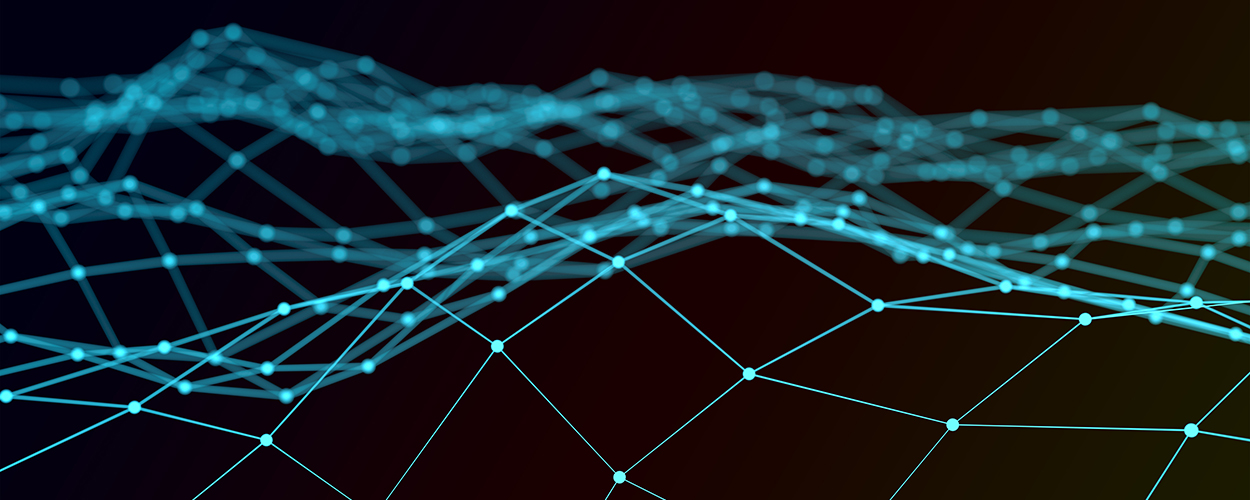This website uses cookies so that we can provide you with the best user experience possible. Cookie information is stored in your browser and performs functions such as recognising you when you return to our website and helping our team to understand which sections of the website you find most interesting and useful.
Business News Digital Education & Events Insights Blog Labels & Publishers The Great Escape 2018
CMU@TGE Top Questions: Will machines write the pop hits of the future?
By Chris Cooke | Published on Thursday 26 April 2018

With The Great Escape getting closer, we are currently considering ten questions that will be answered during the three CMU Insights conferences that are set to take place there this year: The Education Conference (16 May), The AI Conference (17 May) and The China Conference (18 May). Today: will machines write the pop hits of the future?
Among the technologies under the spotlight at The AI Conference at The Great Escape next month are three automated creation tools, one that composes music, one that edits music, and one that creates video to accompany music.
The AI platforms that compose music are fascinating and the technology is evolving rapidly. Though, to date, most of these tools are creating soundtracks to accompany videos.
In that respect they are competing with the production music business, the libraries that provide all sorts of rights-cleared music for those making films and TV programmes who need quick and easy access to the ‘right kind’ of sounds, and who don’t necessarily have the time or budget to be licensing commercially released music for their soundtracks.
The downside of library music is that lots of other video makers are likely licensing the same compositions. Whereas an AI platform – while also providing speedy and cost-efficient access to music – should also give you something unique.
Now, whether the music coming out of these AI platforms is of the same quality as the better production music libraries is debatable. However, the music composition abilities of these technologies are getting better all the time, making this kind of AI a definite threat to the production music sector.
But could these technologies also be composing pop songs? Which is to say tracks that stand on their own and could be commercially released. Are the music composition machines of today not only competitors of the production music business, but also future competitors of artists and songwriters everywhere?
In the main, the people behind these technologies aren’t making such bold claims. They tend to see their platforms as tools for artists and songwriters that could help them take their songwriting and music making in new directions. They could also help creators who have a musical vision but not necessarily the conventional skills required to make that vision a reality.
There are, however, some people who reckon these technologies will, ultimately, start writing the pop music that will dominate the charts of the future. Indeed, some would argue that the machines are already basically co-writers on a bunch of pop songs that have enjoyed considerable commercial success. If that’s true, quite how far would the music making machines go? Manufactured pop maybe, but what about other genres?
And here’s another key question. If machines do become the pop writers of the future, who owns the copyright in that music? The default owner of a song copyright is the composer or songwriter. And how long the copyright lasts is linked to that person’s lifetime – so life plus 70 years across Europe. How is copyright law coping with this new form of songwriting?
These are all questions we will seek to answer during The AI Conference next month. Gregor Pryor from Reed Smith will discuss the copyright implications, while joining the debate on whether machines will replace humans as the pop makers of the future are Cliff Fluet from Lewis Silkin; Helienne Lindvall from Auddly; Scott Cohen from The Orchard; and artist Chagall.
The AI Conference takes place on Thursday 17 May – more info here. See more questions we’ll answer at The Great Escape here.





